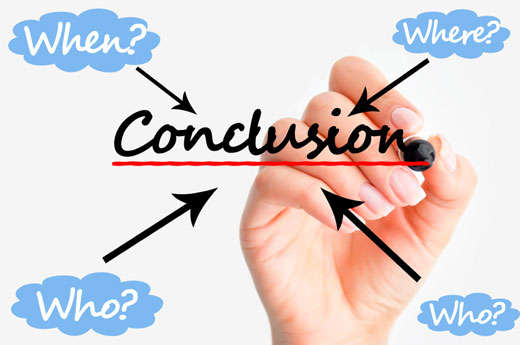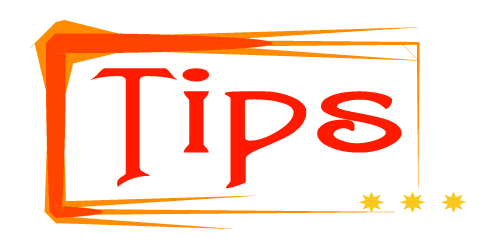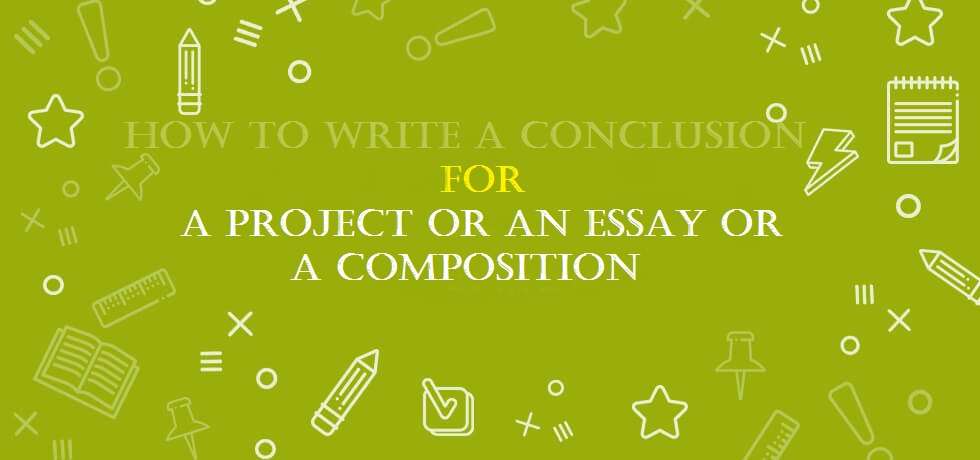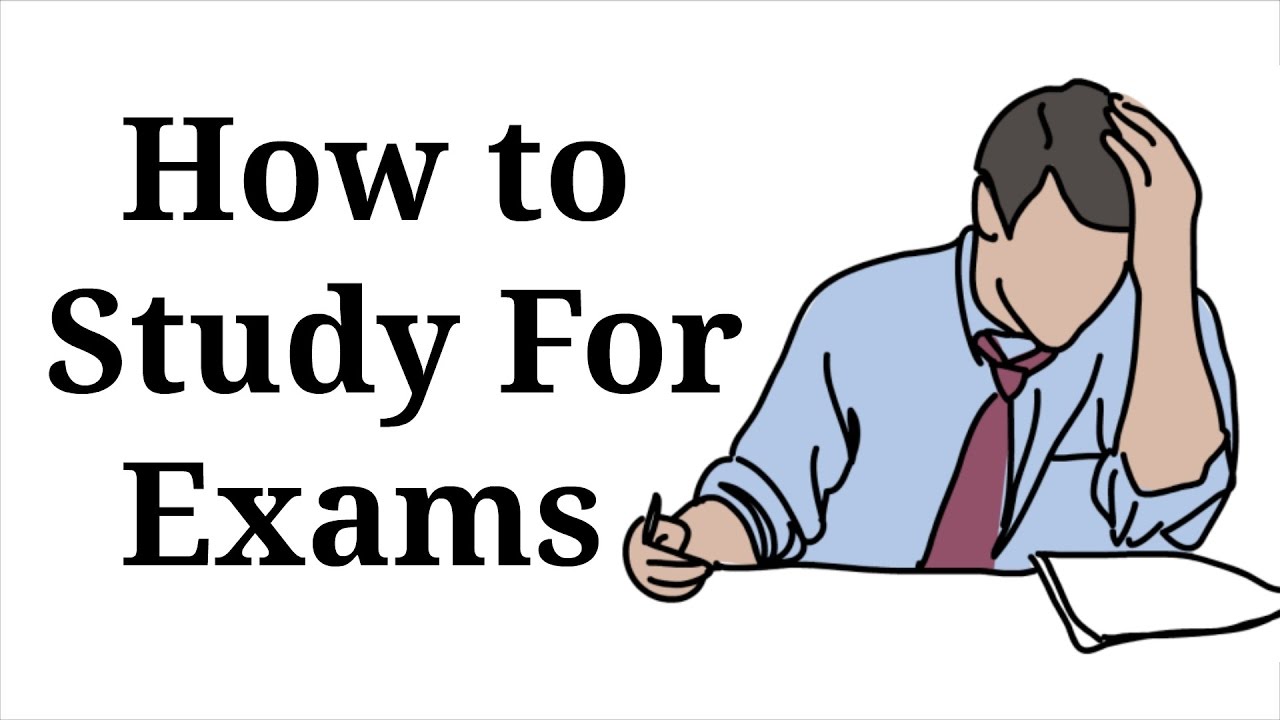When we find ourselves in need of an essay, be it for a job, for our doctorate or its posthumous editorial publication. We may find ourselves with thousands of doubts about what a good essay should contain, the sources of them to get information. The most important of all: the conclusion. If you need to write the conclusion of an essay and you do not know, we explain how to write a conclusion for a project or an essay or a composition here.
How to write a conclusion for a project?

Collect information and contrast it; that is, the development of the essay is undoubtedly one of the most important parts of this. However, we must not forget the part where everything collected is included: the conclusion.
Parts of the conclusion of an essay
Before we begin to make our conclusion of an essay, we must know what should appear in it. A conclusion of an essay, whether literary or scientific, must consist of three parts:
Recapitulation of the hypothesis: During the trial, we will have worked around a hypothesis, which would be confirmed or not throughout the trial. In this way, to begin the conclusion of an essay, it is essential that we make a small recapitulation of our work or initial hypothesis, by way of, let’s say, “introduction.”
Arguments for and against once we have reminded the reader of the initial objectives of the essay, we must go on to show. In summary, form, the arguments for and against those that we have been talking about throughout the essay.
Final reflection: Touch the most complicated part of all, our reflection. Here it is very important to be as objective as possible and to take into account the arguments for and against that we have discovered about our initial idea. However, we will discuss the final reflection in detail later.
As you can see, the conclusion is very similar to the structure of an essay: it has an introduction (recapitulation of the hypothesis), development (arguments for and against) and conclusion (final reflection).

Phrases to start a conclusion
Another of the main questions that arise when creating the conclusion of an essay is, simply, how to start it. If you do not know how to start a paragraph of a conclusion, here are some ideas for you to put them into practice:
- As we have seen …
- Although finally, our hypothesis was not true …
- After the analysis, we can deduce that …
- Now that we’ve seen all the previous ones …
- To better illustrate the results …
- Thanks to all the above, we can interpret that …
- In our initial hypothesis, we saw that …
How to enter a conclusion of a trial?
There are several closing parts that can be used to conclude trials, such as:
- In conclusion
- Summarizing
- In summary
- Definitely
- To finish
- Finally
- Anyway
- To end
- Due
- After the analysis
- It is important to clarify that
- Nonetheless
- To reach a conclusion
- Fortunately
- Unfortunately
- In spite of
- Even though
- While
- Further
How NOT to start the conclusions of a project or essay?
When it comes to a more professional essay, we must avoid at all costs to start the conclusion with these types of phrases or phrases:
- Summarizing…
- To end…
- In conclusion…
- Definitely…
- In summary…
- Finally…
This type of spreadsheet, although its use is discouraged in more formal, especially written, jobs. It can be used in oral presentations of final works, in case you have to do them to present the essay.
On the other hand, in the conclusion of a final degree or master’s degree project, it is not convenient to be influenced by our desires or opinions but based on the actual information found during the research process. That is, be objective with the results.
Extra tips to keep a native tone

In this way, we can conclude the following about how the conclusion of a work should be:
Contrasting information: The first thing you should know about how to conclude an essay, is that all the information you include must be highly contrasted and reliable sources, especially if we want to discuss our conclusion (something that must be done yes or yes).
Personal opinions (no!): Do not let yourself be carried away by your personal opinions or wishes. If something is not like you thought, you have to accept it. Not all hypotheses are true. Anyway, for this point, it is essential to remember the previous point. To make a good conclusion to an essay, it is necessary to have previously informed us about certain topics. You have to be especially careful, too, when we talk about literary essays, for example, since our idea may have already had an earlier thinker. Therefore, we should rely on the idea of such a thinker to found our own.
The conclusion must be objective: Any conclusion must be as objective as possible, unless the work is artistic, for which it will be necessary to base itself in any case on well-founded bases.
The conclusion must be related to what has been analyzed: It is also very important that our conclusion is closely linked to the results of our work. Therefore, it is recommended that the research work focuses on a very specific aspect since otherwise, the research process would be too abundant.





